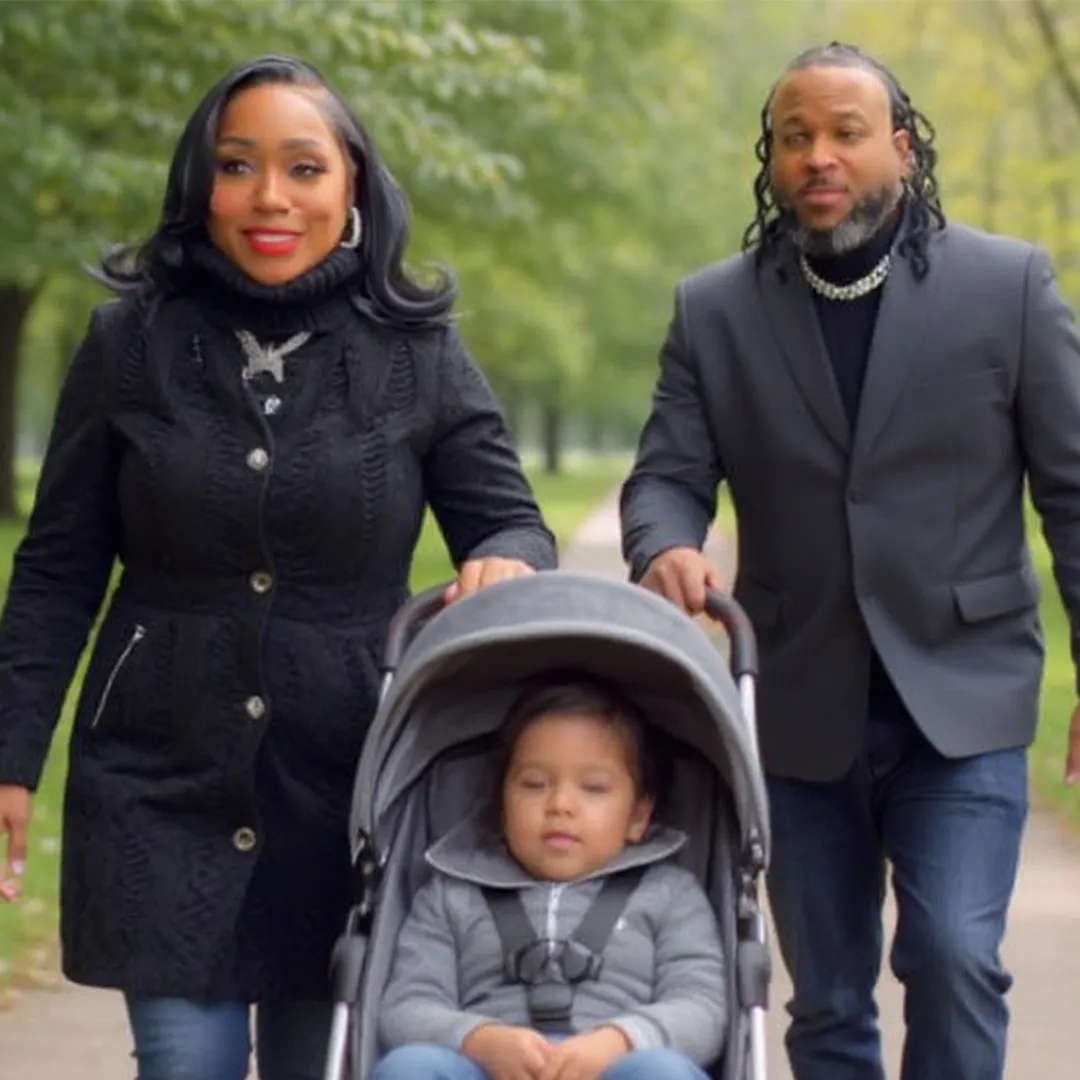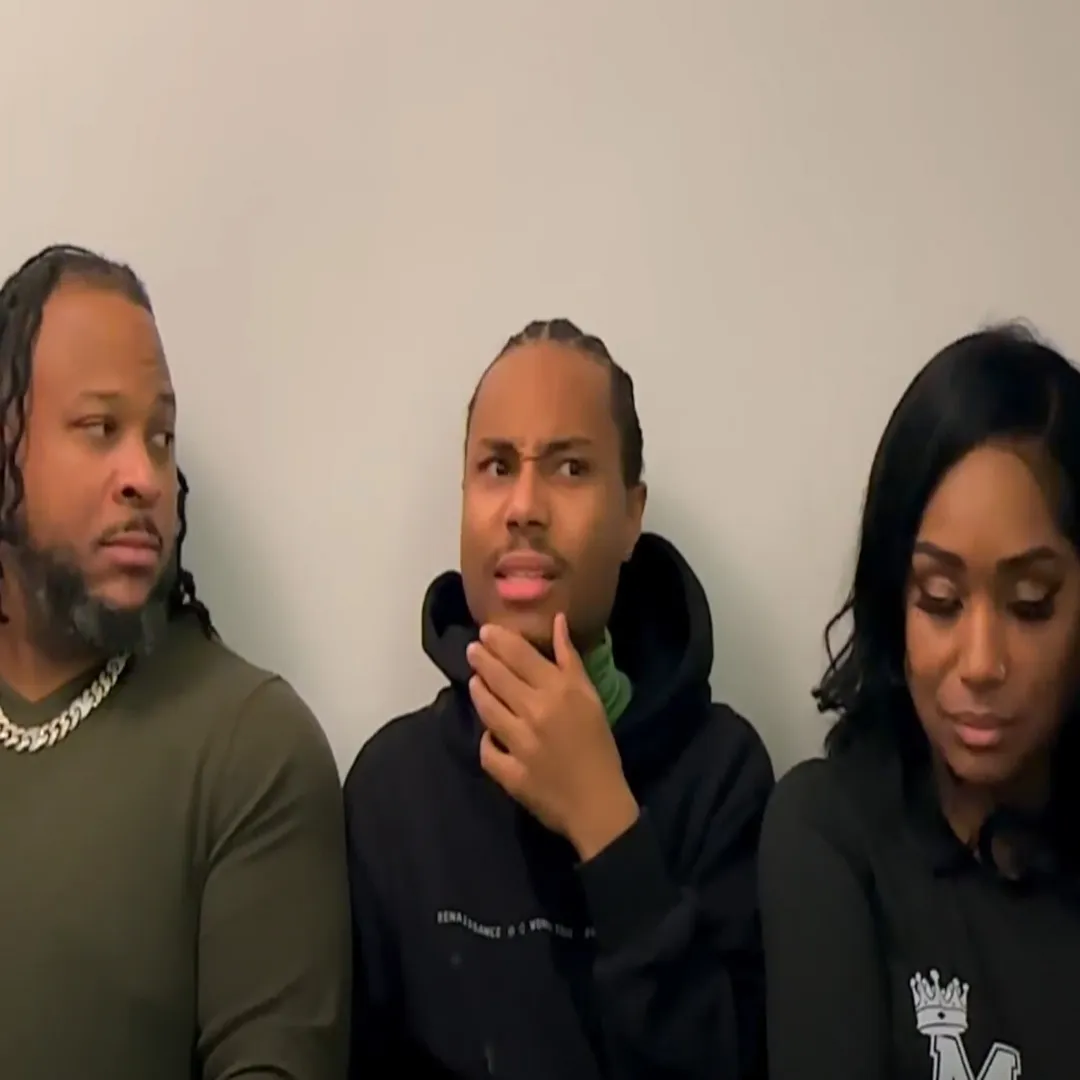If there’s one truth that has become clearer with each passing year of my life, it's this: the first three years of a child’s life are absolutely foundational. They’re not just about learning to walk or talk—they’re about absorbing the world, understanding love, establishing trust, and forming the emotional bedrock upon which everything else will rest. With my older children, including Darius, I didn't fully realize how powerful those early years were. I was doing my best, of course, but I lacked the deep awareness I carry now. By the time Dvin was born, I had learned—not just through books or advice, but through experience—and I vowed to do things differently from the very start. I became more present, more mindful, and more committed to nurturing not just a child, but a whole human being.
(If you enjoyed this post and want to try out the same ingredients and tools I use, feel free to check them out below!
These are affiliate links, which means I earn a small commission at no extra cost to you. Thank you for supporting my work 💛
As I look around at the world we live in now, I feel a growing concern about how fast childhood seems to be disappearing. I see middle school girls—barely thirteen—wearing full faces of makeup, long acrylic nails, fake lashes, sleek ponytails that go past their waists, and clothes that mimic grown women. There’s such pressure to grow up too soon. The innocence, the silliness, the freedom to just be a kid is slipping away. If I had a daughter, I know I’d do things differently. I’d dress her in soft, oversized sweatshirts and jeans with little patches of flowers or butterflies. I’d fill her room with books and art and stuffed animals. I wouldn’t lock her away from the world, but I would give her space to be a child—for as long as she needed. I’d protect her fiercely—not just from danger, but from the unseen, creeping influence of a world that expects too much, too fast.

And when it comes to discipline, I am unapologetically firm. I don’t believe in cruelty, and I certainly don’t believe in humiliation, but I do believe that children need clear boundaries. In my house, respect is not optional. When my grandchildren come over, they know what is expected of them. And if they choose to cross that line—whether it’s through backtalk or a disrespectful tone—they know there will be consequences. I don’t have to yell. I don’t need to threaten. One look, one shift in my voice, and they understand that I mean what I say. That kind of consistency builds trust. It teaches children that love and discipline are not opposites—they’re partners.
Now Darius, my son, he has a different perspective. He leans more toward gentle parenting—more softness, more emotional freedom. He told me once that he would allow his children to curse if they were angry, as a way to let their feelings out. And while I understand the intention, I don’t agree. Feelings do need to be expressed, but that doesn’t mean anything goes. Children must learn that emotions are powerful, but not uncontrollable. I’d rather teach them how to sit with discomfort, how to breathe through frustration, how to journal or meditate or simply step away for a moment. Those are tools they can carry with them for life—tools that build resilience, self-awareness, and respect for others.
Parenting, I’ve learned, isn’t about choosing one method and clinging to it. It’s a dance—a back-and-forth between love and limits, between listening and leading. It’s about growing as your child grows, admitting when you’re wrong, and being brave enough to do better the next time. It’s about showing up again and again, even when you're tired, even when you don’t have all the answers. And more than anything, it’s about planting strong roots—so that one day, your child can stand tall, steady, and free.
I may not have done everything right the first time, but I’m doing my best now. And if there’s anything I hope my children and grandchildren remember, it’s that I loved them deeply—and that I cared enough to shape them with intention, not just affection.




